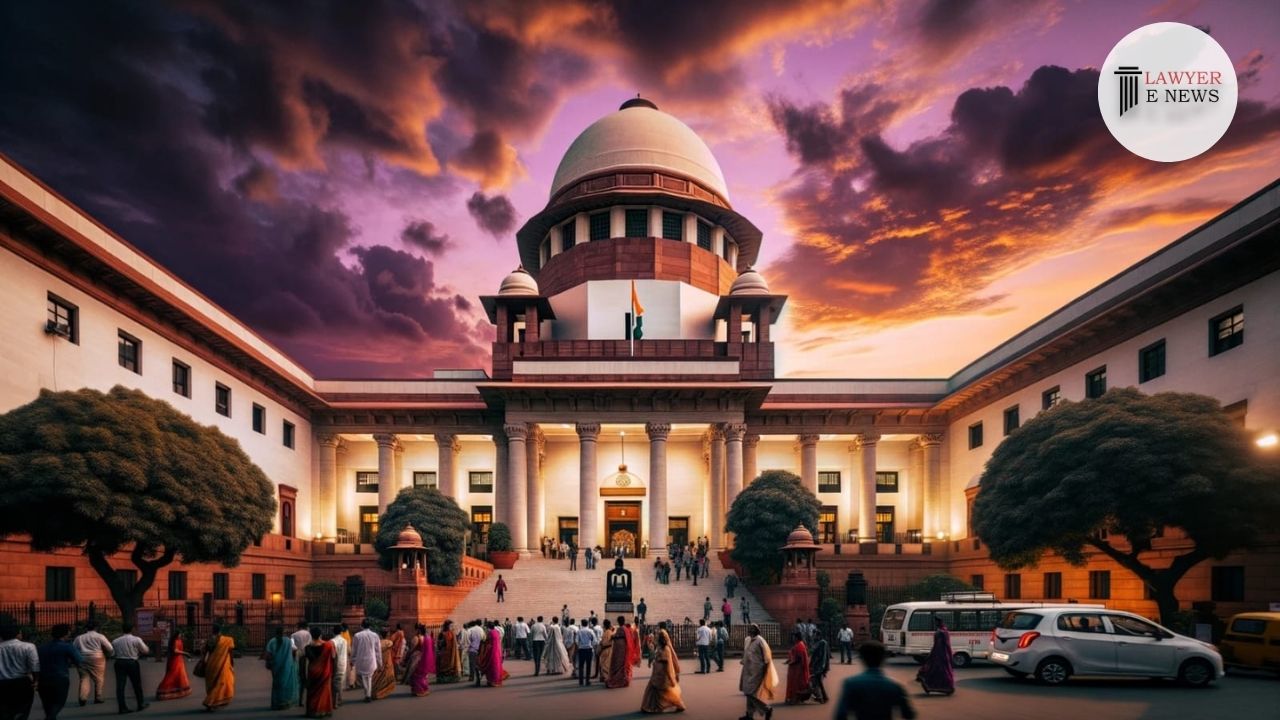-
by Admin
19 February 2026 3:14 PM



In a landmark decision rendered by a two-judge bench comprising Justices Hrishikesh Roy and Manoj Misra, the Indian judiciary has sent a resounding message regarding the importance of thorough legal examination in criminal cases. The judgment, dated September 21, 2023, addressed a crucial legal issue pertaining to the liability of individuals for an offense punishable under Section 307 of the Indian Penal Code (IPC) with the aid of Section 34 IPC. The judgment also delved into the consequences of not disclosing incriminating circumstances during the examination of the accused under Section 313 of the Criminal Procedure Code (CrPC).
The key observation of the judgment, encapsulating its essence, states: "The conviction of the appellants is not vitiated for alleged non-compliance of the provisions of Section 313 CrPC."
The case in question revolved around the appellants' involvement in a criminal incident where indiscriminate firing resulted in injuries to numerous individuals. The primary question before the court was whether the appellants could escape liability for the offense under Section 307 IPC by invoking Section 34 IPC. The judgment clarified that liability hinged on whether the appellants had committed acts specified in Section 300 IPC in furtherance of common intention.
The bench noted that while the evidence did not specifically identify the targets of the appellants' exhortations, the very fact that indiscriminate firing continued for an extended period and the appellants were present, exhorting the main accused, indicated their knowledge that the act was imminently dangerous and likely to cause death or severe bodily injury. Consequently, the appellants were held liable for the offense under Section 307 IPC with the aid of Section 34 IPC.
One of the pivotal aspects addressed in the judgment was the effect of not putting the incriminating circumstance of exhortation to the appellants while recording their statements under Section 313 of the CrPC. The judgment clarified that failure to put all incriminating circumstances to the accused did not automatically vitiate the trial. It emphasized that unless prejudice was demonstrated, such non-disclosure would not render the trial void and bad in law. The judgment highlighted that the burden was on the accused to establish that the omission had caused prejudice resulting in a miscarriage of justice.
The bench referred to previous legal precedents to establish the principles governing cases of non-disclosure of incriminating circumstances during Section 313 CrPC examinations. It emphasized that raising objections at the earliest stage was essential to address and correct any defects. However, in this case, the appellants failed to raise objections during the trial, and their claims of prejudice were unsubstantiated.
Supreme Court upheld the conviction of the appellants under Section 307 IPC read with Section 34 IPC, affirming the sentence awarded by the trial court and upheld by the High Court. However, their convictions under Section 302 IPC with Section 34 IPC were set aside, resulting in their acquittal for that charge.
The judgment, which elucidated crucial aspects of criminal liability and the consequences of non-disclosure during legal proceedings, serves as a significant precedent in the Indian legal landscape.
Date of Decision: September 21, 2023
SUNIL vs STATE OF NCT OF DELHI
